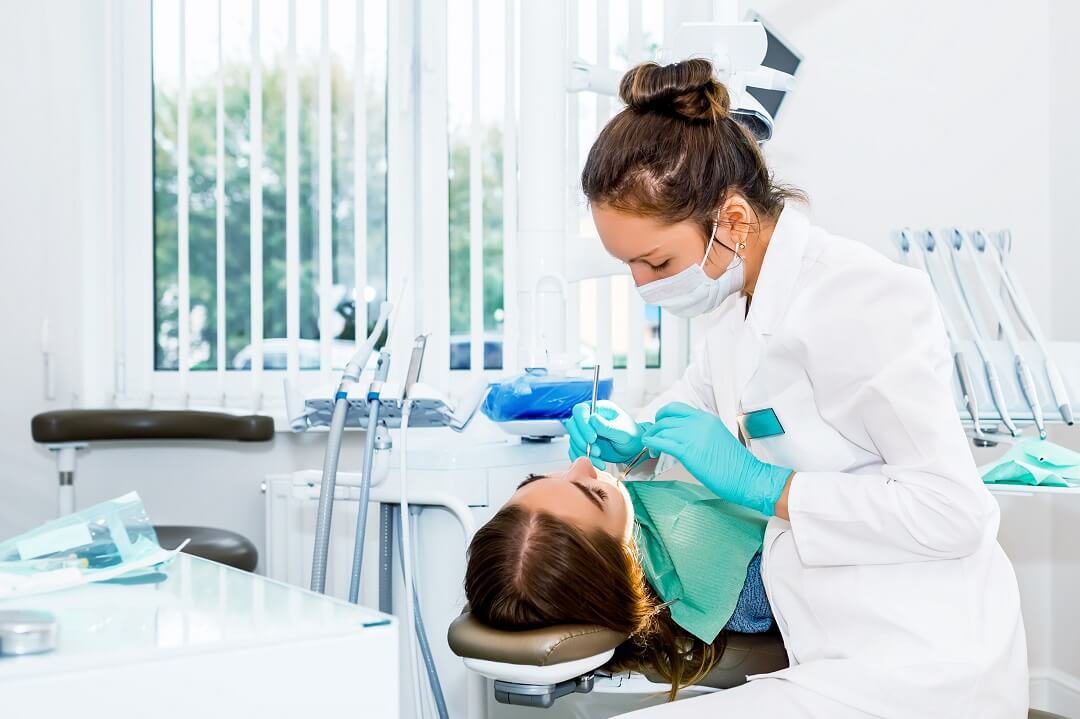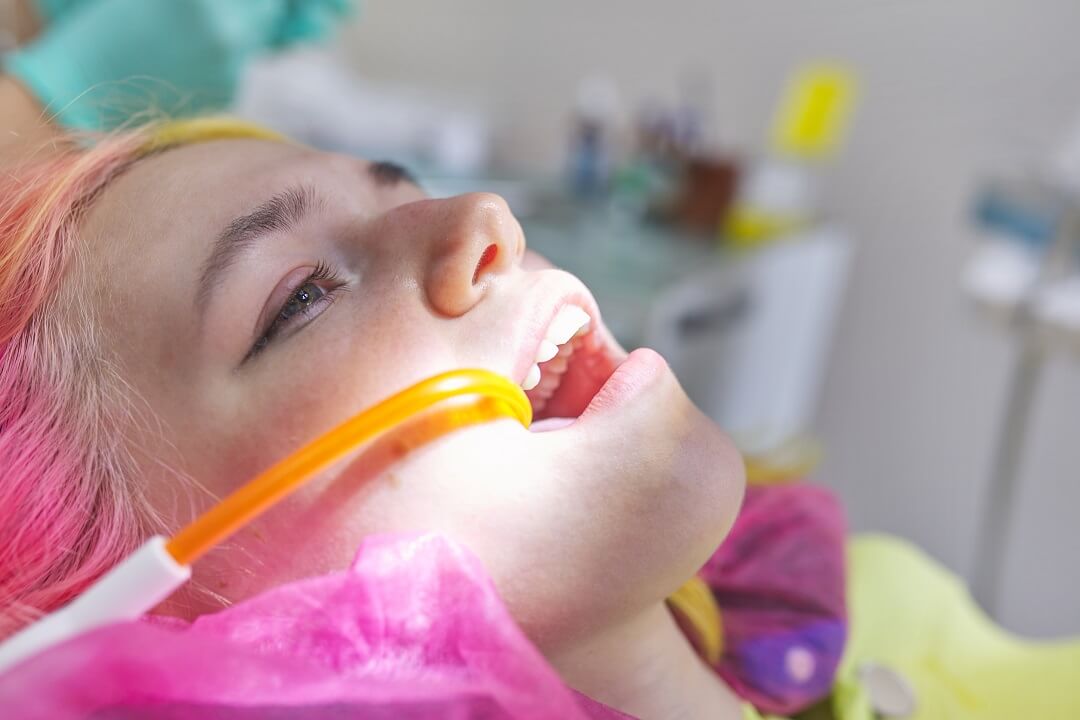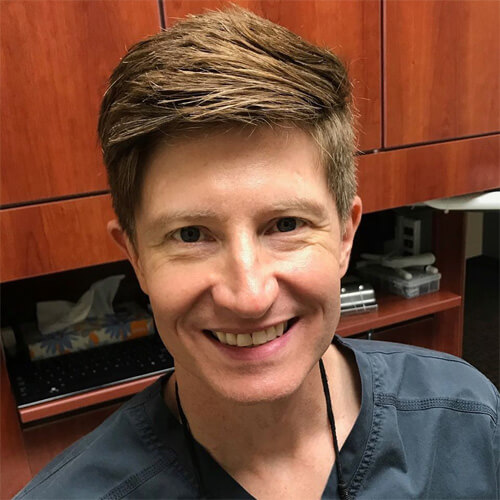Key Takeaways
- Understand what saliva is and how it benefits your health.
- Explore causes of excess saliva and hypersalivation.
- Learn home remedies and other treatment options for hypersalivation.
What is saliva?
Saliva is a natural material produced in your salivary glands and is designed to help your body maintain good oral health. Saliva helps to wash away food particles and bacteria in your mouth that can contribute to tooth decay. It also helps to break down food for easy swallowing, carries digestive enzymes that help with digestion, and enhances your ability to taste the foods you enjoy. However, too much saliva can be a sign that something else is wrong.
What is hypersalivation?
Hypersalivation is not a medical condition, but rather a symptom of an underlying condition. Excess saliva can be due to excessive saliva production, the inability to swallow and clear saliva from the mouth, and the inability to keep the mouth closed.
When hypersalivation occurs, you can experience a range of different symptoms and complications that can include:
-
- Drooling
- Damage and softening to the skin around the mouth can lead to infection
- Chapped lips
- Dehydration
- Bad breath
- Pneumonia: Aspiration pneumonia is common as excess saliva can cause you to inhale saliva, fluids, and even food into the lungs
- Impaired sense of taste
- Speech problems
- Social anxiety
When too much saliva is a concern
Hypersalivation can be temporary or can become chronic over time, known as sialorrhea. For example, if you have a decaying tooth or other mouth infection, your body may produce excess saliva in order to help wash away bacteria and allow your mouth to heal. However, if hypersalivation becomes chronic and contributes to some of the symptoms above, such as pneumonia, it can become a serious concern.
Causes of hypersalivation
Many different underlying conditions or treatments can contribute to hypersalivation, whether it is temporary or becomes chronic. Here we take a closer look at some of the conditions that can lead to excess saliva production.
1. Medication
Excess saliva production can often be a side effect of certain medications. The most common medications that can increase saliva production include anticonvulsants, antipsychotics, such as clozapine, as well as indirect cholinergic agonists that are commonly used to treat medical conditions such as Alzheimer’s. There are also mucosa-irritating antibiotics that can affect saliva production.
2. Infection
Infections, such as sinus infections, strep throat, mononucleosis, and tonsillitis commonly trigger excess saliva production as a way to help fight the infection. This is often a temporary case of hypersalivation, and symptoms typically resolve after recovery.
3. Poisoning
Exposure to a toxin can also trigger the body to increase saliva production or weaken muscles needed to swallow and clear saliva. This can include insect bites, snake venom, and poisonous mushrooms. Exposure to insecticides, mercury, and nerve toxins can also contribute to hypersalivation.
4. Poor oral hygiene
A poor oral hygiene routine can increase the risk of tooth decay and gum disease. When these infections are present, the body increases saliva production in order to help combat the infection and heal. Once dental issues and gums heal, hypersalivation typically resolves.
5. Impaired jaw and muscle function
Physical conditions that affect the mouth and jaw also affect the ability to clear saliva from the mouth and can also stimulate increased saliva production. Dentures often contribute to increased saliva production, especially when they are new. An enlarged tongue, misaligned teeth, TMJ, and other jaw conditions can affect the ability to swallow and clear saliva from the mouth, often resulting in excessive drooling.
6. Medical conditions
Many different underlying medical conditions can contribute to both the increased production of saliva and the inability to clear the mouth of saliva. For example, pregnancy and morning sickness can often cause an increase in saliva production but usually resolves after pregnancy. Other medical conditions contributing to chronic hypersalivation include cerebral palsy, Parkinson’s disease, amyotrophic lateral sclerosis (ALS), a stroke, chronic gastroesophageal reflux (GERD), acid reflux, or heartburn.

Diagnosing excessive salivation
Diagnosing hypersalivation begins with an examination by your doctor or dentist that examines your mouth, teeth, and surrounding skin. If excess saliva is seen, your physician will run tests to look for potential underlying medical concerns that may be contributing to hypersalivation.
Treating excessive salivation
Treatment for hypersalivation will be dependent on the underlying cause. For example, if an infection is present, treatment focuses on healing the infection. If the excess saliva is due to a chronic condition, then treatment will focus on managing the excess saliva. Some common treatment options can include:
-
- Medications: Some medications, such as anticholinergic medication, can help reduce the production of saliva but care must be taken in order to ensure you do not cause dry mouth.
- Therapy: Speech and behavioral modification therapies can help teach techniques to help with tongue control, lip closure, and swallowing.
- Oral appliances: Custom-made oral appliances can help shift the position of your jaw, tongue, or lips which can help treat hypersalivation.
- BOTOX injections: Injecting BOTOX into the salivary glands can help reduce the production of saliva.
- Surgery: In extreme cases, surgery may be necessary to remove salivary glands.
- Dental care: if oral infections, such as tooth decay or gum disease, are causing hypersalivation, dental work to treat decay can also treat the excess saliva.
Home remedies for reducing salivation
There are also things you can do at home that will help to reduce the production of excess saliva. Because bacteria in the mouth are often a trigger for saliva production, an excellent oral hygiene routine that includes regular brushing and flossing, as well as mouthwash, can help reduce excess saliva. In addition, drinking plenty of water throughout the day can also help to reduce saliva production.
When too much saliva becomes a concern
While saliva is beneficial for both your oral health and overall health, too much saliva can not only be embarrassing but can also be a sign of an underlying condition. If you are experiencing increased saliva, it is a good idea to discuss this with your dentist and physician.
Promoting quality oral health
At Soundview Family Dental, our goal is to promote quality oral health that allows you to put your best smile forward. If excess saliva becomes a concern, we will work with you and your doctor to help determine what may be causing the condition and how to best treat it. If you have noticed changes in your saliva or drooling is becoming a problem, schedule an appointment with our team today.


